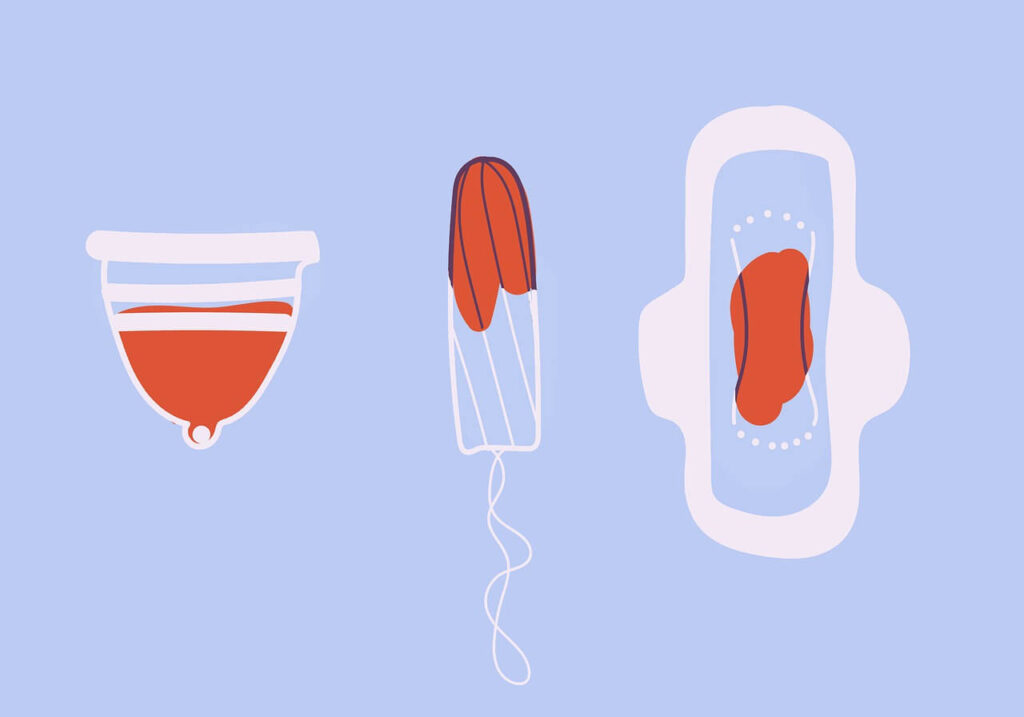Posted in2023 Female Issues Health
The Phases of the Menstrual Cycle, their Impacts on Women’s Moods and Emotions and How Best to Deal with them.
May is the menstrual month and as we come to an end, I realize that while some people know about menstruation and the hygienic requirements as well as the pain…
